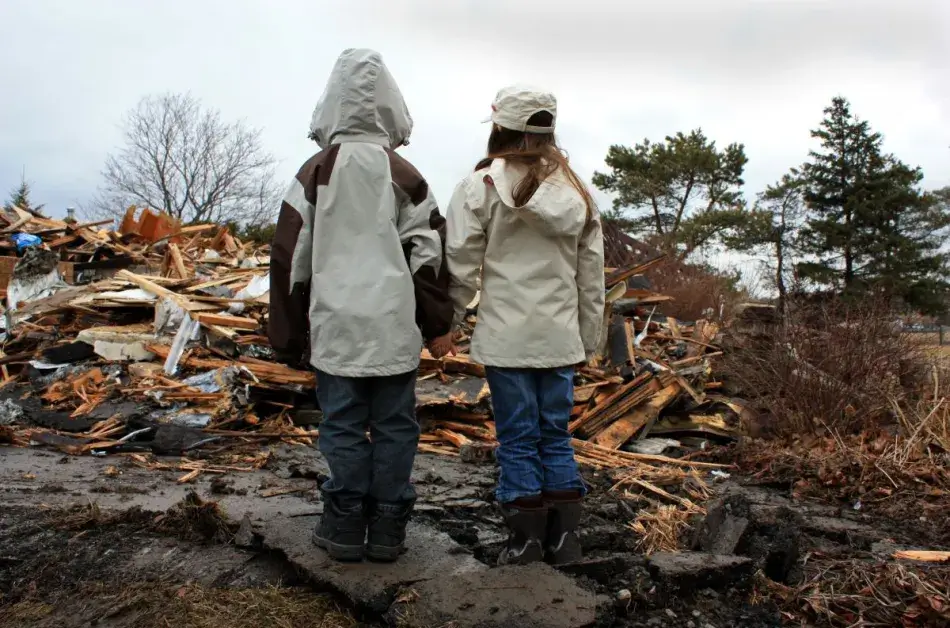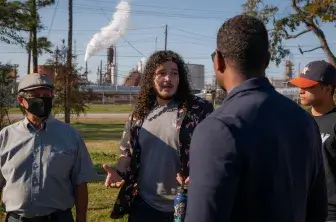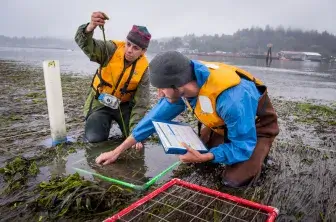Case study
Climate Change and Mental Health: Building social cohesion in frontline communities

Surveys have reported that many young people in the United States and worldwide experience climate-related anxiety and distress. Furthermore, extreme weather events caused by a changing climate can result in post-traumatic stress disorder and related mental health outcomes.i They can additionally result in losses of mental health resources and infrastructure. Immediately following Hurricane Katrina, the number of psychiatrists practicing in New Orleans dramatically fell, and many hospitals closed psychiatric wards.ii
These mental health effects are exacerbated in historically disadvantaged communities. Mental health treatment can be inaccessible and unaffordable. People with low incomes often live in areas vulnerable to disasters and lack the resources to recover, including access to shelter. For Indigenous Peoples, climate-related displacement and changing landscapes can lead to a loss of culture, food insecurity, and inability to partake in some traditional practices. Similarly, the physical impacts of climate change and the effects of the energy transition, such as divestment in coal communities, can challenge social cohesion.
The actions recommended by this report focus on engaging and supporting communities in ways that positively affect mental health, including fostering community cohesion and building a sense of hope. Providing more economic and job opportunities, green spaces, access to disaster response resources, and resilient infrastructure can help achieve this goal.



